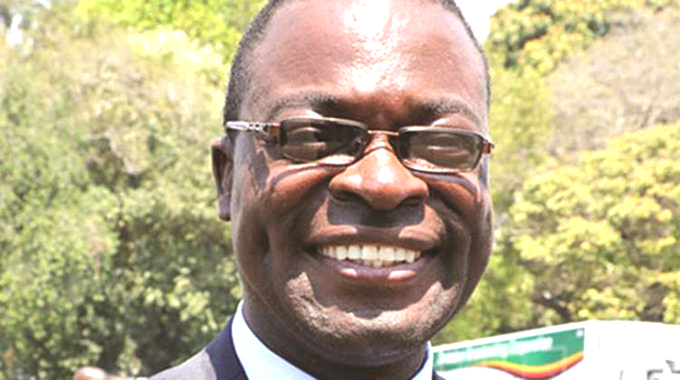Pirated textbooks flood market . . . parents turn to the street for cheaper editions

Herald Reporters
Soaring prices of textbooks have forced parents and guardians to go for pirated copies that are far much cheaper than original textbooks.
The pirated books are sold on the streets by illegal traders who display covers of popular textbooks, sometimes in front of bookshops.
The price disparity is so huge that there have been calls for publishers to print cheaper editions to fill the gap and still ensure authors receive reasonable royalties.
Generally, on long print runs, as with school textbooks, printing should be significantly cheaper than photocopying and even with royalties added to the original editions, they could be produced at prices not that much higher than illegal copies.
Although it is an offence to reprint or make photocopies of original books for sale in terms of copyright laws, the practice has become widespread as overburdened parents struggle to pay fees for their children and the gap between legal and illegal copies is big.
A survey by The Herald showed that a set of seven textbooks for primary school pupils is ranging between $1 400 and $1 800 at most bookshops, while the same set of photocopies costs between $229 and $344.
At Innov8 Bookshop, a set of seven Grade Three (Ventures) textbooks was selling at $1 760, while illegal traders operating from Roselyn Building along Nelson Mandela Avenue were selling pirated copies for US$14, which translates to $229,60 using the interbank rate of US$1: $16,40 or around $310 if the parent has to buy US dollars on the black market.
Copies of each textbook for primary school grades are selling at between US$2 and US$3 on the streets.
Photocopies of most secondary school textbooks (Step Ahead) are going for US$5 each on the streets, while they cost between $350 and $700 each in bookshops.
Some parents are going for original, but second-hand books, that cost between US$5 and US$8 ($82 and $131,20) each on the streets.
Zimbabwe Writers Association chairperson and Zimbabwe Book Fair Association board member Monica Cheru-Mpambawashe blamed publishing companies for failing to produce cheaper study material.
She said authors were losing out and urged relevant authorities to come up with a national book policy to curb the illegal practice.
“One cannot blame people for finding the most affordable option,” she said.
“After all, if you are buying textbooks as an individual you do not need strong expensive editions because your child only needs it for a year or less, then you have to get a new set.
“There is a clear market for cheaper books. What is puzzling is why publishing houses seem not to care about this big market. Unfortunately, the author is the one who loses out.
“We need a national book policy that takes all things into consideration. Current laws and policies are antiquated and not designed to look at cheap reproduction of books as an opportunity if done under licence.”
Deputy national police spokesperson Chief Superintendent Blessmore Chishaka said piracy was an offence.
“In terms of the Copyright Act, it is an offence to photocopy and sell somebody’s material,” he said.
“As police, we continuously conduct raids and arrest all those involved in such practices.”
Piracy, though it came as a relief to parents and schoolchildren, has affected business for bookshops in the city, if not around the country.
Innov8 Bookshop managing director Mr Peace Muwani cried foul over piracy.
“Due to the economic hardships affecting our nation, people will always look for alternatives and in this case, they are opting for pirated copies which are cheaper,” he said.
“However, this has affected our business. For the past decade, we have been facing this challenge and there seems to be no solution to it.”
One of the vendors who refused to be named said they were making good profits from pirated copies.
“We take advantage of the desperate parents and offer cheaper copies of the much-needed textbooks,” he said.
“I even deliver copies to my clients’ homes whenever they place an order. Our prices are affordable and these days we are enjoying brisk business.
“I started this business five years ago and I am enjoying it.
“I am managing to send my children to school and cater for all their needs.”
Parents who spoke to The Herald said they had no choice, but to buy from vendors, who are charging less.
“I have since stopped buying from these shops,” said one of the parents only identified as Mr Musariri.
“They are charging high prices for a set of books which my daughter will only use for a year and discard.
“The $1 700 charge is too much for me, that is why I am buying all my books from the streets. After all, the content is just the same.”
Another parent said it was pointless to buy expensive books from a shop.
“I have two children, one in Grade Three and the other one in Grade Six,” she said.
“I cannot raise over $3 000 to buy books for the two children from bookshops. I cannot afford to be that extravagant at a time when schools are charging thousands of dollars in school fees.”
Some photocopies are of extremely poor quality, while others have missing pages.
Most of them are printed in black-and-white, making it difficult for infants who learn about colours.










Comments